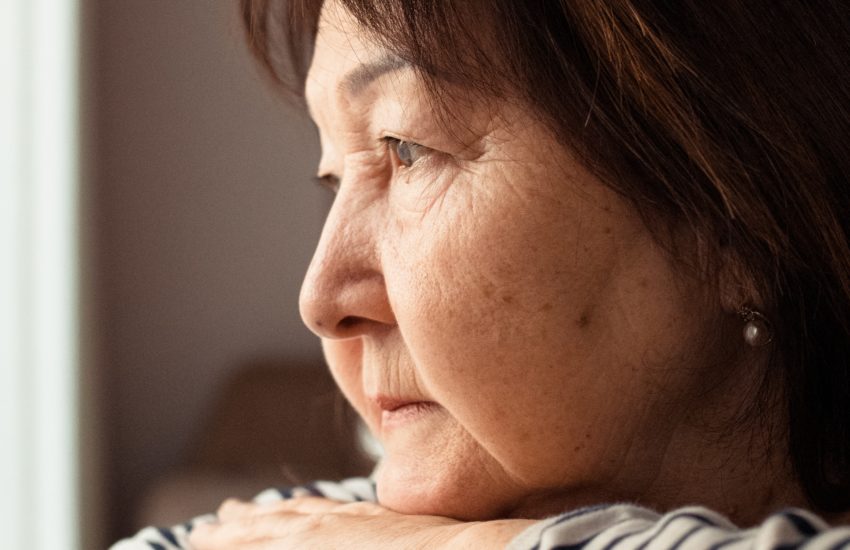Sense of Purpose May Help Extend Life
Do you feel like you have a purpose in life? Whether you’re a caregiver who heals and comforts, an artist striving to bring beauty to the canvas, or an activist who seeks to improve the world, finding a sense of purpose may help extend your life. A new study set out to determine whether previous evidence supporting this theory would apply equally across genders, ethnicities, and races.
The Research
A team of researchers at Boston University’s School of Public Health, led by Dr. Koichiro Shiba, analyzed data from 13,159 adults over 50 who had participated in a longitudinal study sponsored by the Social Security Administration and the National Institute on Aging eight years ago. After eight years, the team found that nearly one in four (3,253) of the original Health and Retirement Study participants had died.
Upon analyzing the data, the scientists found that participants with the strongest sense of purpose lowered their risk of death by 15.2% compared to those with the least sense of purpose.
Although the results showed no significant differences between purpose and life expectancy based on race or ethnicity, the link was more strongly associated in women. In fact, for women who believed they had a strong sense of purpose, their risk of all-cause mortality was lowered by 34%, compared to only 20% for men.
Defining purpose
Few things are as subjective as determining if your life has “purpose.” But for the new study, the researchers used a technical definition of purpose—taken from a submodule of Ryff’s Psychological Wellbeing Scale—to measure the somewhat abstract concept.
“Specifically, this submodule consists of seven items such as, ‘I have a sense of direction and purpose in life,” explained Dr. Shiba. Other examples include, “‘My daily activities often seem trivial and unimportant to me,’ [and] ‘I don’t have a good sense of what it is I’m trying to accomplish in life.”
Why purpose may extend our lives
There are several reasons why leading a purposeful life may lead to better health, especially for women. These include mental and emotional resiliency to stress, engagement in health-promoting behaviors, and the use of wellness screenings and healthcare services. Specifically:
• People with a greater sense of purpose tend to report less reactivity to daily stressors.
• People with a greater sense of purpose are more likely to engage in physical activity and are less likely to smoke.
• People with a greater sense of purpose—and women—are more likely to use preventative care services and healthcare services.
So, how can we help our loved ones who might feel directionless find something to live for?
Look for ways to help them contribute to the family or community in a meaningful way. That could be something as simple as helping to prepare a meal for the family, taking care of a pet or plant, or building meaningful connections through volunteer work.
Resources
Consider picking up some books (or audio books) about finding purpose. We have three recommendations:
• “The Purpose Driven Life” by Rick Warren
• “Man’s Search for Meaning” by Viktor E. Frankl
• “Find Your Way” by Carly Fiorina
MBJ
Wendy Burt-Thomas writes about the brain, mental health and parenting.
Check out the original research:
https://www.sciencedirect.com/science/article/abs/pii/S0091743522003590#!


